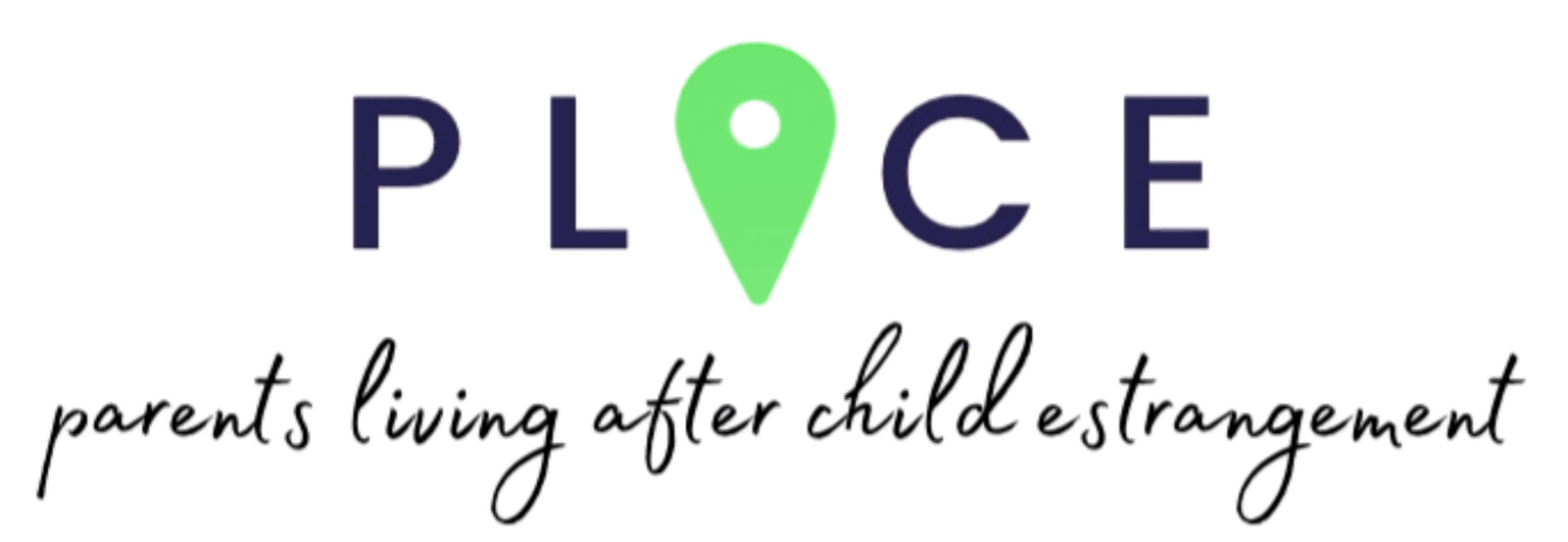Hi, I’m Brian Briscoe.
If you’ve found your way here, chances are your heart’s been broken in a way few people truly understand. I know this pain, not just from my work as a therapist—but from personal experience. I know what it’s like to be estranged from a child you love more than life itself.
Child estrangement isn’t just a “relationship problem.” It’s a life-altering rupture. It doesn’t just hurt—it leaves you questioning your past, your identity, your worth. If you’re a parent walking through estrangement, I want to start by saying something you probably haven’t heard enough:
You’re not alone. And you deserve support.
What Estranged Parents Are Really Going Through
Most people don’t talk about estrangement openly. It’s still taboo. In fact, many estranged parents suffer silently because they’re afraid of being judged or blamed.
But behind closed doors, I hear the truth every day.
I hear parents whisper their heartbreak:
“I thought we were close.”
“I don’t even know what happened.”
“They blocked my number and I don’t know why.”
“I feel like I’m grieving a child who’s still alive.”
This grief is invisible, but it’s real. It’s not just sadness—it’s ambiguous loss, a term that describes the pain of losing someone emotionally when they’re still physically present in the world.
What makes it harder? Estranged parents often carry shame. They’re labeled as “toxic,” “narcissistic,” or “emotionally abusive”—sometimes unfairly, sometimes without any chance to repair or explain.
Yes, some estrangements come from serious harm. But many happen after misunderstandings, boundary conflicts, or unresolved generational pain. And regardless of the cause, all parents deserve space to heal, reflect, and receive support without condemnation.
Why the Usual Advice Doesn’t Help
When parents reach out for help, they’re often met with advice that’s either dismissive or unrealistic.
“You need to apologize more.”
“Just give them time.”
“They’ll come around eventually.”
“Well, you must’ve done something to deserve it.”
Here’s the truth: there’s no one-size-fits-all solution for estrangement. And while reconciliation may be possible someday, healing starts with YOU—not with waiting on them.
Estranged parents need more than platitudes. They need safe spaces to:
- Tell their story without being judged
- Grieve the loss and confusion
- Understand their own role without self-destruction
- Set healthy boundaries
- Reclaim their identity outside of the parent-child dynamic
- Feel seen, heard, and supported
That’s why I created PLACE (Parents Living After Child Estrangement)—because there weren’t enough spaces doing all of that.
What Real Support Looks Like
So what does support actually look like for estranged parents?
1. Safe, Non-Judgmental Community
The single most powerful thing you can experience as an estranged parent is being in a room—virtual or physical—with people who “get it.”
PLACE’s peer support groups meet virtually three times a week. They’re confidential, compassionate, and guided by principles of empathy and honesty. No one tries to fix you. No one tells you how to parent. You just show up as you are—and that’s enough.
One of the most healing phrases you’ll hear in those groups?
“Me too.”
2. Emotional Validation
You’re allowed to feel it all.
Grief. Guilt. Rage. Sadness. Resentment. Numbness. Hope.
Many parents don’t know what to do with their emotions, especially when they feel “unacceptable” or contradict each other. It’s possible to love your child deeply and feel angry with them. It’s possible to hope for reconciliation and begin moving on.
You don’t need to earn the right to feel. You’re human. You’re hurting. And you deserve support in those feelings.
3. Trauma-Informed Therapy (If You Choose It)
As a licensed counselor, I’ve worked with parents through all stages of estrangement and reconciliation. Therapy isn’t for everyone, but for many parents, it can offer a lifeline:
- Unpacking childhood wounds that are resurfacing
- Understanding your attachment style
- Developing emotional regulation tools
- Learning self-compassion
- Rebuilding your identity
Many estranged parents are retraumatized by the experience. Therapy helps you get out of survival mode and into a space of reflection and resilience.
4. Coaching That Focuses on Your Next Chapter
If therapy is about healing the past, coaching can help you take practical steps forward—especially when you’re ready to focus on action.
Whether it’s crafting a message to your child, working through a potential reconnection, or building a new routine, PLACE’s one-on-one coaching can help you clarify your needs and align your boundaries with your values.
Support doesn’t mean staying stuck. It means being honest about where you are and where you want to go.
What Estranged Parents Need to Know
Let’s get clear on some truths I’ve learned—personally and professionally.
You are still a good parent.
Estrangement doesn’t erase your love, your efforts, or your intention. You may not have been perfect, but perfection has never been a requirement for love.
Estrangement is not always your fault.
Children may walk away for reasons you’ll never fully understand. Sometimes, it’s about them—not you. Their journey, their therapy, their boundaries. That doesn’t make you a villain.
You’re allowed to set boundaries, too.
Just because you’re the parent doesn’t mean you have to tolerate abuse, manipulation, or cruelty. You matter. Your safety and well-being matter. Estrangement doesn’t give anyone license to harm you further.
Healing is possible—with or without reconciliation.
You don’t have to wait for your child to return in order to begin your healing. You can mourn the relationship as it was and make peace with the new chapter.
You can rebuild your self-worth. You can find joy again. You can redefine who you are beyond this role.
What If They Never Come Back?
I won’t lie to you—this is the question that keeps many parents up at night.
Some adult children do reconnect. Some write letters, send messages, or show up years later. Others never do. You don’t get to control that outcome.
But here’s the deeper truth:
You don’t need their return to reclaim your life.
You can live a rich, meaningful, connected life even if your child never calls again.
You can create new relationships. You can give and receive love. You can share your wisdom, your creativity, your spirit, your you-ness with a world that still needs you.
Estrangement might be a closed door—but it’s not the only door.
You’re Not Alone—and You Don’t Have to Do This Alone
Estranged parents often become isolated—not just from their children, but from friends, spouses, communities.
PLACE exists to give you a soft place to land.
- A place to cry and not be judged
- A place to be angry and not be shamed
- A place to celebrate progress and be seen
- A place to be honest, even when the truth is messy
Whether you join a support group, book a session, read my book, or just read this article—I want you to know that this pain doesn’t have to define you.
You are not just an estranged parent.
You are a full human being.
You are still here.
And there is still hope—not just for reconnection, but for peace, joy, and self-respect.
Let’s take the next step together.
—Brian








